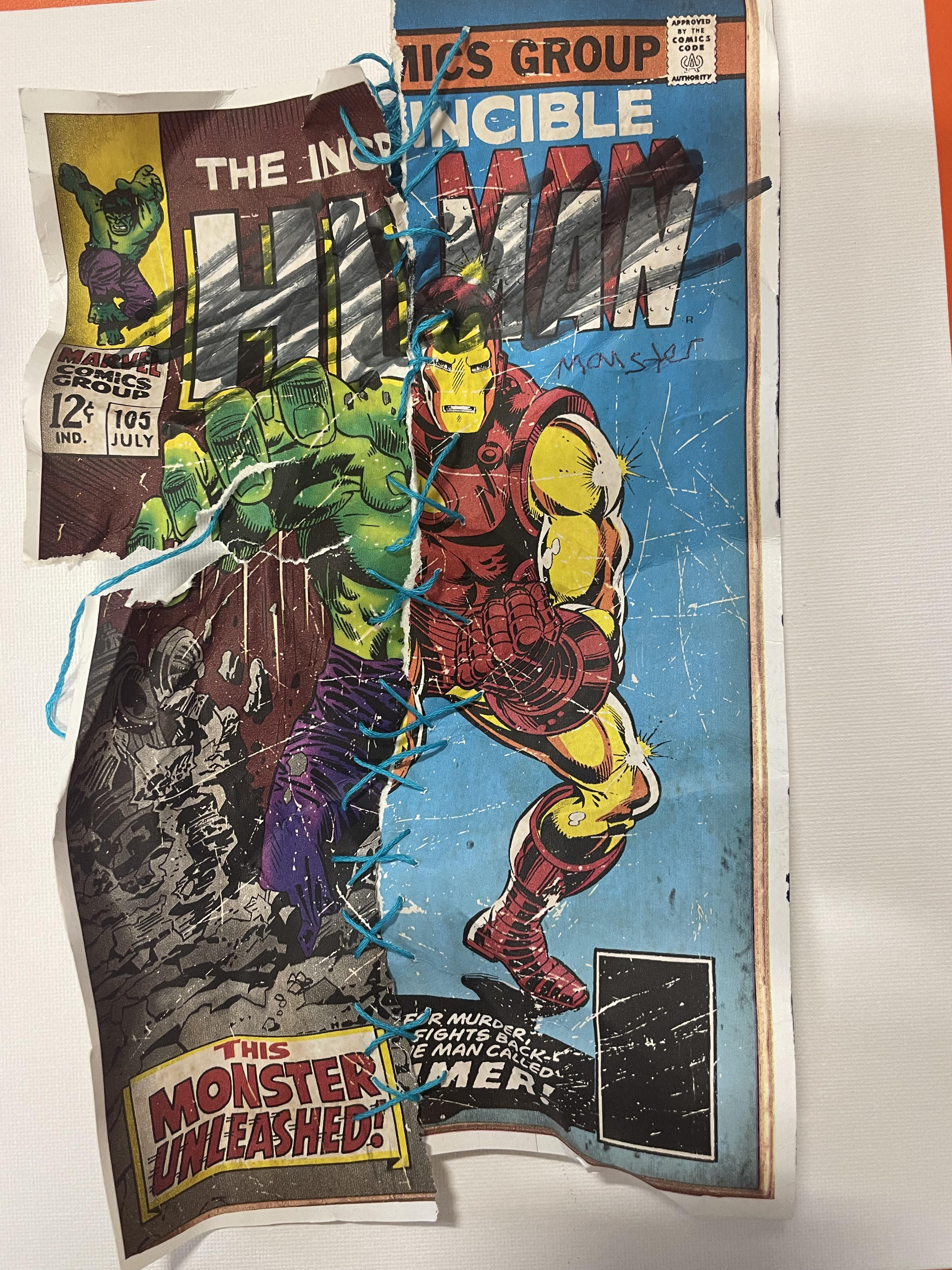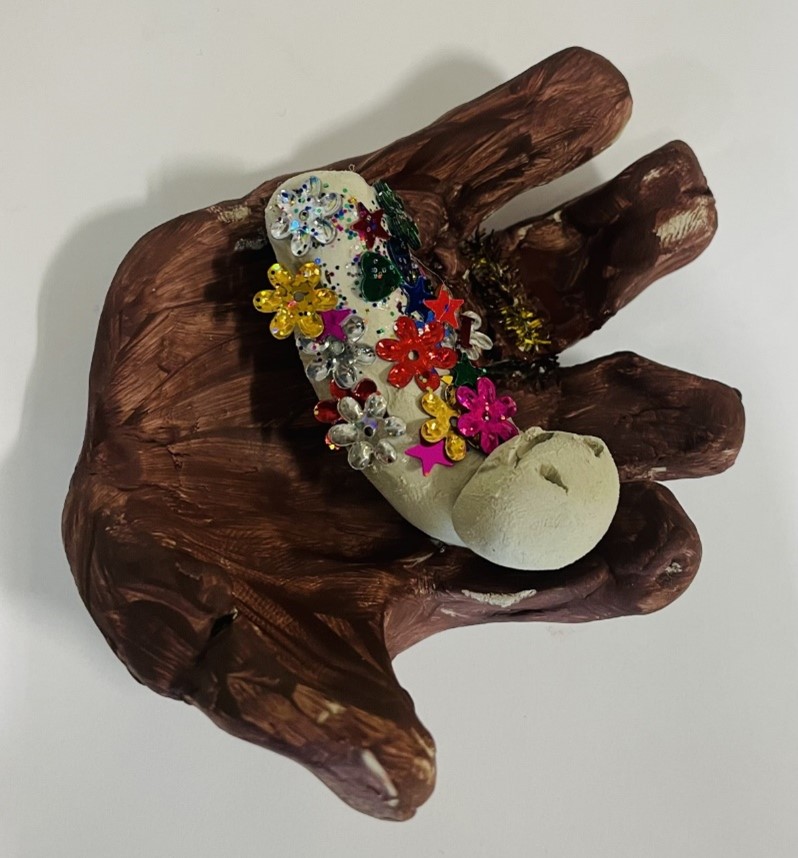Welcome to the project ran from Blackburn and hoping to bring together those of us interested in art, all kinds of art. Our central question is something of a rhetorical thing 'what is art for? - we believe that it being 'for' something might well cast us into some utility mindset, an instrumentalist concern with its usefulness - we do not have an expectation of agreement about what art is (the biggest of all questions) never mind what it might be for!
Yet, here we are. We have been explicit in working together form three disciplines of academic work:
Fine Art
Education
Art Therapy
Each area brings its own love of the term 'art' and does something around it that allows the collective to see each other, to witness within themselves a form of belonging, a bond, a shared understanding, a space for misunderstandings but at least with an arena we can agree on and disagree on! In short, we think these are terms that can bind us and can divide us. We wanted a project that allowed us to discuss between these three areas, and also invite in others with an interest in art, in diverse definitions of it and to discuss, share and create together.
There are three key areas of discussion and creation we week:
1, here, on online space. We will be asking for expressions of interest, work you have produced, blogs, images, film, whatever you see as a fitting response. The Say Hello forum is for general contributions an to say hello. The Expressions of Interest forum is one way to engage with the trip to Liverpool. Place your ideas in here if you want to come to Liverpool on 11th Feb. That takes me to point....
2. We will be together as often as we can make happen. First, Thursday 19th January at the Blackburn Museum and Art Gallery (10am - 12 noon) we will be hosting an event where we discuss the project, do an activity with the art works in the gallery, and ask for your Expressions of Interest (you know where they are from point one above - look for the forum of that name). These are crucial if you would like us to include you in the trip plans - and that takes me nicely to point...
3, Liverpool! On Saturday 11th February we will be hosting a coach trip to Liverpool to visit the Tate and Walker Art Galleries. There is much to see in both. We have purchased tickets for Dark Waters at the Tate and made arrangements to see other events there. This is a great day out to experience art together, to spark discussion, to travel with people you may be meeting for the first time. We hope therapist and educators, artists and others without affiliation with any discipline will come with us and add to the richness of our discussion. We will be there all day, it is paid for by us, and then when we have had our fill we will go to point....
4. A few hours together at Blackburn Museum and Art gallery again on Saturday 25th February. This time, acquainted as we all are now with the project and each other, we will come together to create something. This is nothing onerous, we might create a discussion. It could be a collage, a comment, and interview of film, a written passage, a work of incredible beauty in mixed media and enough charisma and impact to win a thousand prizes. Or just a word. well chosen. Powerful. it is up to you but it will be whatever it is you would like to add to our collective experience.
And that is it. A brilliant and quite beautiful tear in the fabric of the everyday. A chance for each to be something else and somewhere else with people we do not yet know.
Contact us at any time, add to the forum, give me a note at peter.shukie@blackburn.ac.uk
Much love
Peter


